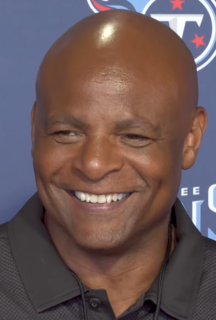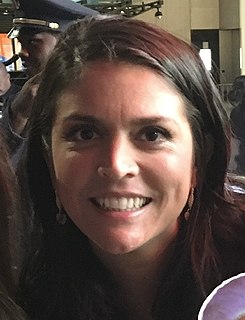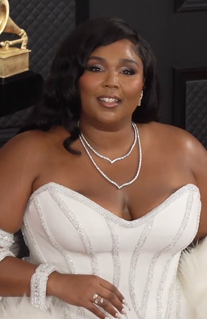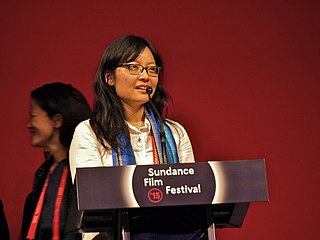A Quote by Kehinde Wiley
It was an amazing childhood, despite what you might think about black struggle and poor neighbourhoods and the ghetto. My mother was an educated, budding linguist who really inspired us. Some of the leading indicators of success in the world have to do with how many books are in the house when you're a kid.
Related Quotes
I feel lucky that I read so many books as a kid because I know that no matter how much I appreciate a book now, and I can love a book very much, it's never going to be that childhood passion for a book. There's some element, something special about the way they're reading books and experiencing books that's finite.
I think I'm still fed by my childhood experience of reading, even though obviously I'm reading many books now and a lot of them are books for children but I feel like childhood reading is this magic window and there's something that you sort of carry for the rest of your life when a book has really changed you as a kid, or affected you, or even made you recognize something about yourself.
Those of us who think about what we eat, how it's grown, those of us who care about the environmental impact of food - we've been educated by fabulous books, like Fast Food Nation and documentaries like Food Inc. But despite these and other great projects that shine a critical light on the topic, every year the food industry spends literally tens of millions of dollars to shape the public conversation about our food system.
'Black Messiah' is a hell of a name for an album. It can easily be misunderstood. Many will think it's about religion. Some will jump to the conclusion that I'm calling myself a Black Messiah. For me, the title is about all of us. It's about the world. It's about an idea we can all aspire to. We should all aspire to be a Black Messiah.
There's really educated women out there who are feminists and they have read up on their stuff. They can talk to me right now, and school me on some things I've never known, and that's amazing, you are a scholar, you are wise, you are educated. But the unfortunate thing is also the reality, and the fact is, millions of people might not even know who these educated feminists are - hundreds will, thousands maybe.
I'm a classic stress-eater, so I know a lot about how eating can become a way of hiding from what's really wrong. I escape into food. But some people escape into books. Some into relationships that might not be good for them. The three main characters in 'The Sugar Queen' struggle with each of these comforts-turned-crutches.
There's an awful lot of misunderstanding here about what being poor actually means. I don't think people understand that being poor means you have to work from dawn until dusk just to survive through the day. I think there's some notion that poor people lie about all day not doing anything. It is remarkable how many misconceptions there are here about life in the developing world and I think that that knowledge gap has done a lot to contribute to the imbalance quite frankly.
A well-educated black has a tremendous advantage over a well-educated white in terms of the job market. I think sometimes a black may think they don't have an advantage or this and that. I've said on one occasion, even about myself, if I were starting off today, I would love to be a well-educated black, because I believe they do have an actual advantage.
The reason I'm interested in alternative worlds and near-future settings is that it allows us to look at our own limitations in our worldviews. These settings allow me to explore how our world might evolve if we allow individualistic kinds of success to remain our primary value. I'm not trying to be overly bleak, and I don't feel bleak or sad about our world. I want empowered and educated people who understand a lot about the world's challenges to strive to be noble, rather than cynical. I think we still need more champions out there.







































